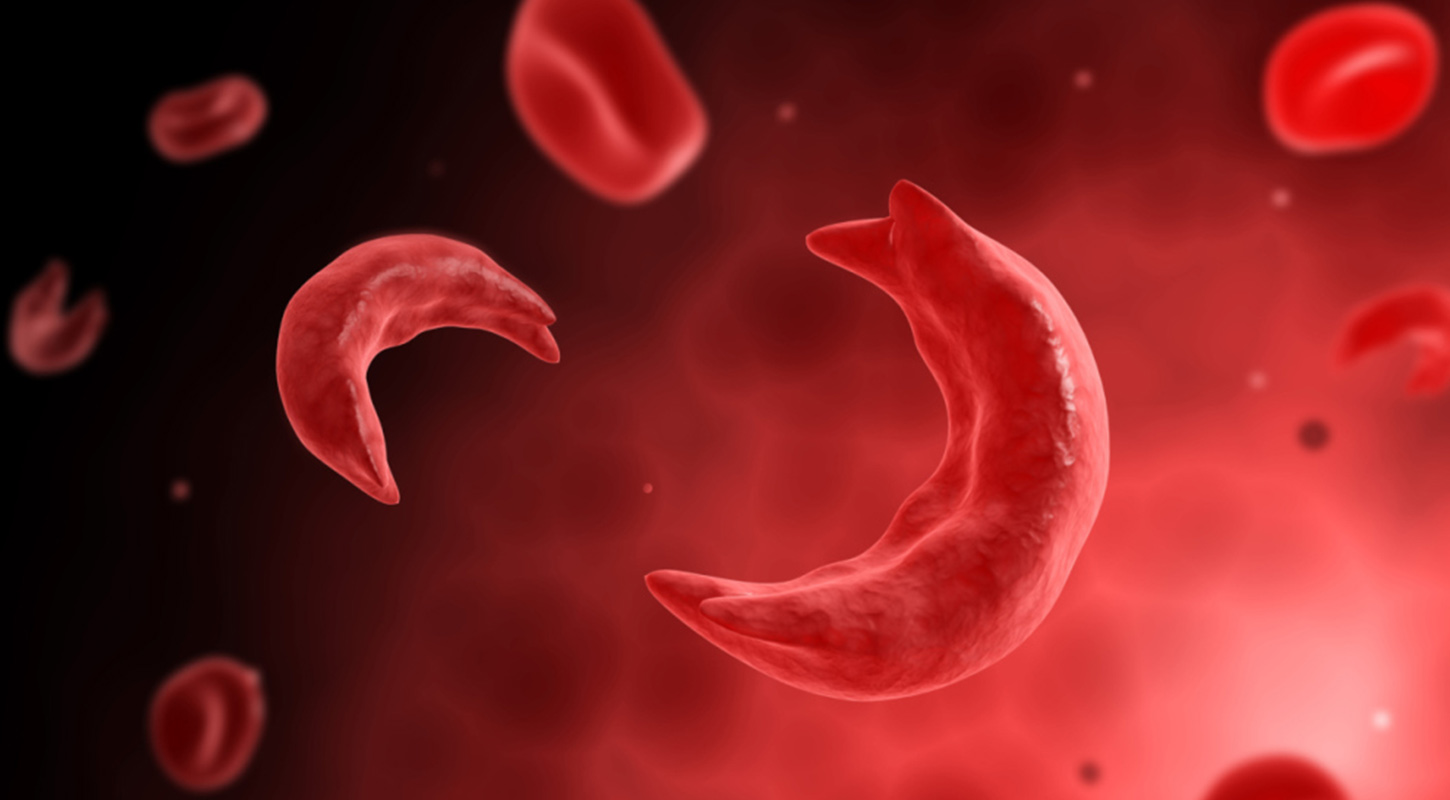What You Need to Know About Sickle Cell Disease

Today is World Sickle Cell Day, so we wanted to share the facts about these blood disorders. All forms of sickle cell disease are inherited and affect the red blood cells in your body. People who suffer from this have hemoglobin S in their blood cells, which is an abnormal kind of hemoglobin. These cells can then become crescent-shaped, which makes it harder for them to pass through small blood vessels. When this happens, less blood is able to get to the part of the body where the vessel is blocked. This causes tissue damage that leads to additional health complications.
Different types of sickle cell disease include:
- Sickle Cell Anemia
- Sickle-Hemoglobin C Disease
- Sickle Beta-Plus Thalassemia
- Sickle Beta-Zero Thalassemia
Some people can also carry the sickle cell trait, which is a condition where their red blood cells produce hemoglobin A and hemoglobin S. These people are usually healthy and do not experience the side effects of a sickle cell disease. However, carrying the trait can have an impact on the chance that a child will have sickle cell disease.
Inheritance works in the following ways:
- If both parents carry the sickle cell trait, the chance of a baby with sickle cell disease is 25%
- If one parent has sickle cell disease and the other parent is in normal health, every child will carry the sickle cell trait
- If one parent has sickle cell disease and the other parent carries the trait, the chance of a baby with sickle cell disease is 50%
Signs and Symptoms
Children are screened for sickle cell disease after birth, so although symptoms are not likely to show right away, parents will know if their child has it. Early symptoms consist of:
- Fatigue or fussiness
- Jaundice
- Icteris
- Painful swelling of the feet and hands
Other major complications that can develop over time are:
- Acute pain crisis
- Chronic pain
- Severe anemia
- Brain complications
- Acute chest syndrome
- Various infections
- Heart disease
- Eye issues
- Kidney problems
- Hypertension
- Gallstones
- Liver complications
- Priapism
- Ulcers
- Mental health issues
- Joint problems
- Complications during pregnancy
Treatment for Sickle Cell Disease
There is no cure for sickle cell disease, but there are a variety of treatment options. For children, these include:
- Routine vaccinations
- Daily antibiotics to prevent infection
- Iron supplements
- Multivitamins
- Folic acid supplements
- Protein supplements
Routine tests on urine, vision problems, how organs are functioning, and complete blood count should be done to monitor how well sickle cell treatment is working. Blood transfusions are another option. For people who suffer from chronic pain, your doctor can recommend a pain management specialist who can help find the best options for managing this issue.
If you have questions about sickle cell disease or the sickle cell trait, speak with your doctor directly to get more information and if necessary, personalized recommendations for testing.
Find a nearby physician on our Find a Doctor page.
